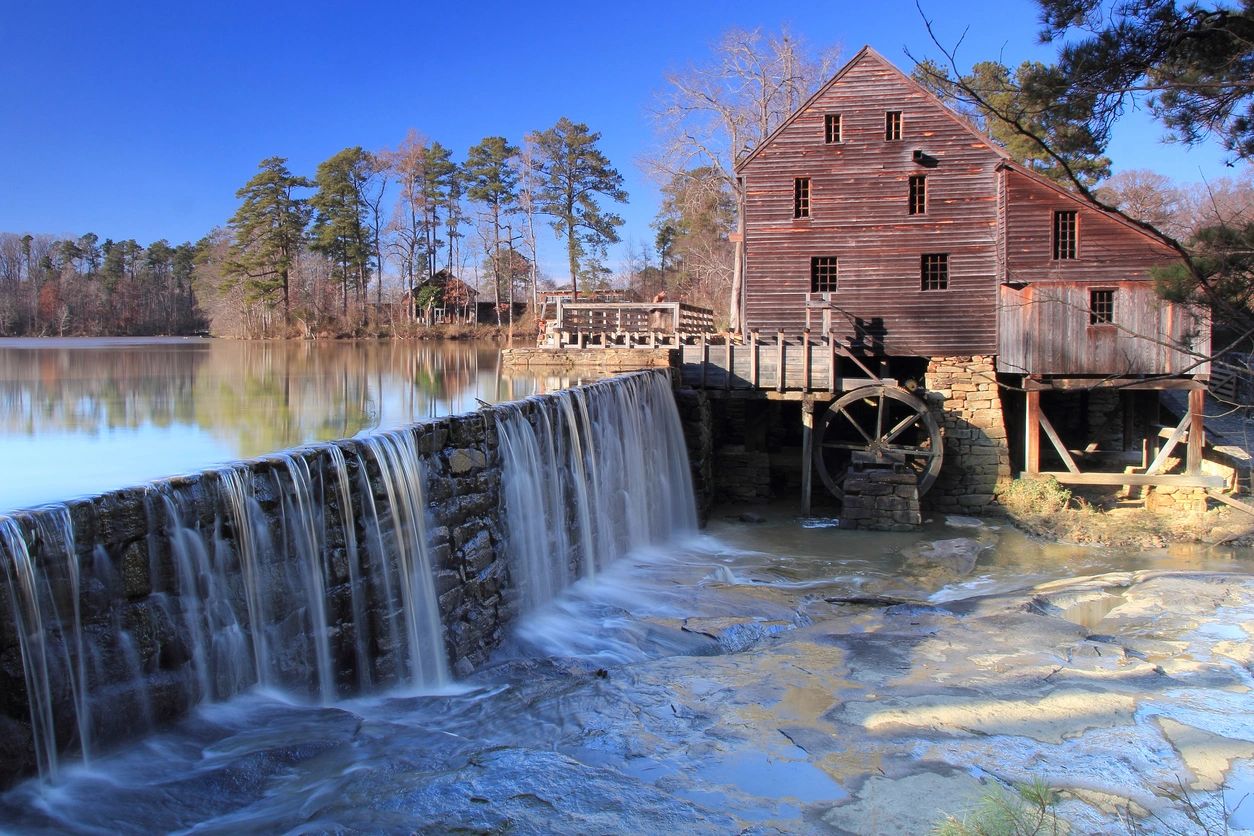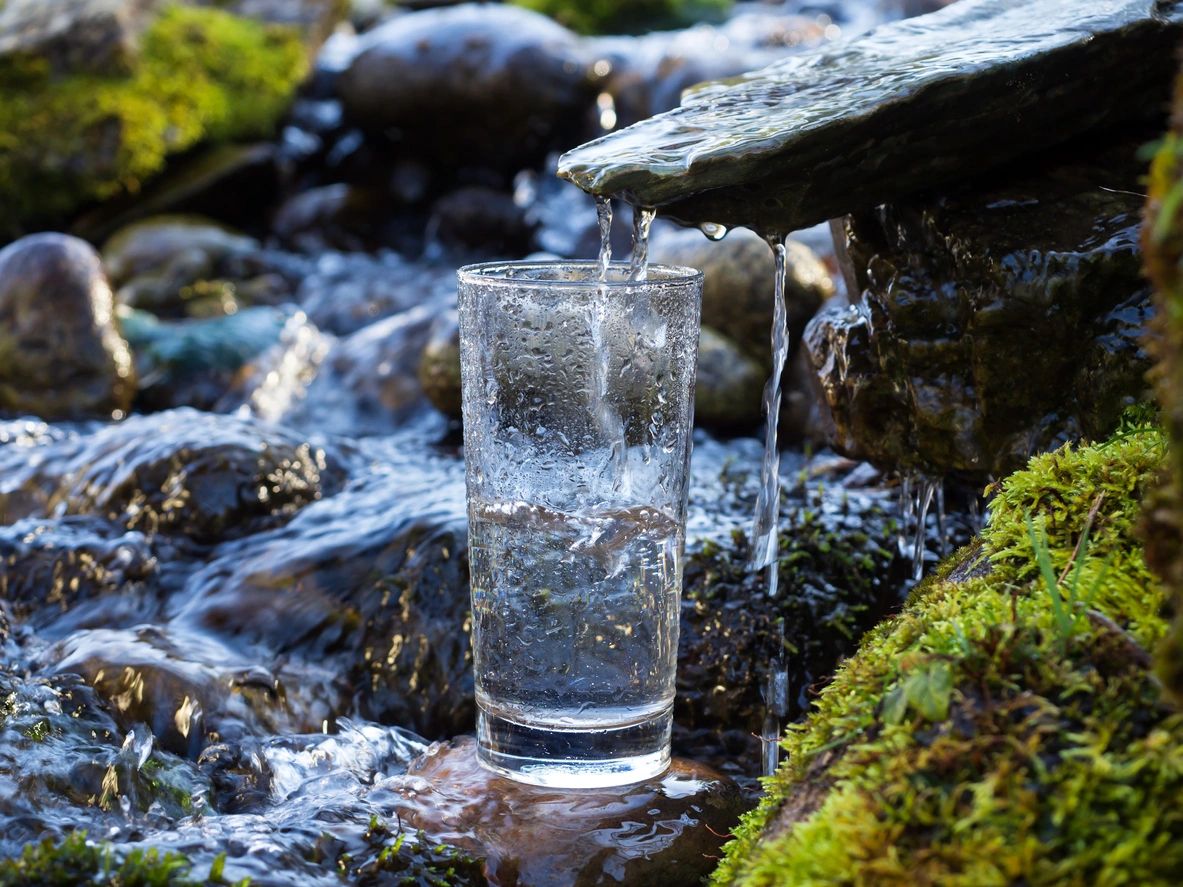

Go Through the Infrastructure & Jobs Act
DIVISION E--DRINKING WATER AND WASTEWATER INFRASTRUCTURE
Drinking Water and Wastewater Infrastructure Act of 2021TITLE
I--DRINKING WATER
This title authorizes a variety of programs within the Environmental Protection Agency (EPA) that support drinking water infrastructure.
Specifically, the title reauthorizes through FY2026 and revises the drinking water state revolving fund program, which provides financial assistance to states and water systems for infrastructure projects. In addition, it reauthorizes through FY2026 existing programs and establishes new programs to support drinking water infrastructure, including programs that
TITLE II--CLEAN WATER This title authorizes a variety of programs within the EPA that support clean water infrastructure.
Specifically, the title reauthorizes through FY2026 and revises (1) the Water Infrastructure Finance and Innovation Act of 2014; and (2) the clean water state revolving fund program, which provides financial assistance to states and communities for sewage and wastewater infrastructure projects. In addition, it reauthorizes through FY2026 existing programs and establishes new programs that support water infrastructure, including programs designed to

